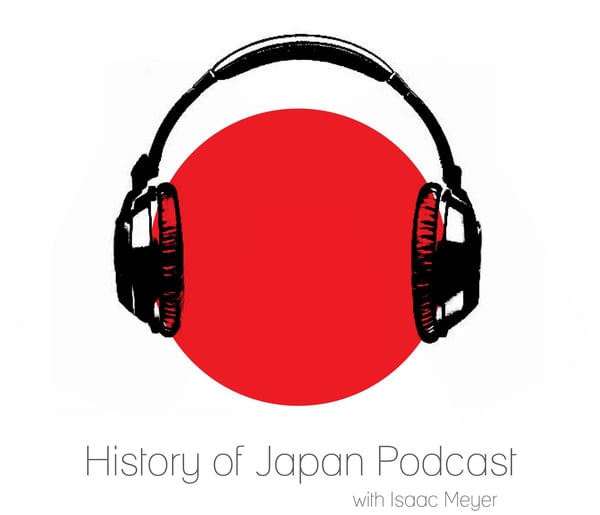Episode 454 - That All my Dreams Might Not Prove Empty
History of Japan
Isaac Meyer
4.8 • 744 Ratings
🗓️ 16 September 2022
⏱️ 36 minutes
🧾️ Download transcript
Summary
This week: in 1940, a manuscript lost for over 600 years is recovered from the archives of the Imperial family. Within it lies the story of a fascinating woman, and her journey from imperial concubine to Buddhist nun--a journey that covers everything from high politics to the lives of common folk.
Show notes here.
Transcript
Click on a timestamp to play from that location
| 0:00.0 | Hello and welcome to the History of Japan podcast, episode 454, That All My Dreams Might Not Prove Empty. |
| 0:24.3 | In 1940, the scholar Yamagishi Tokhue made a rather incredible discovery. |
| 0:31.2 | He was mucking about in the archives of the Imperial Household Library in Tokyo, the place |
| 0:36.6 | where the rather substantial documentary records of the Imperial Household Library in Tokyo, the place where the rather substantial documentary |
| 0:38.5 | records of the Imperial House are preserved, when he came across an unexpected manuscript. |
| 0:45.9 | He was in the geography section of the archives and came across a text titled Poazugatari, |
| 0:51.9 | roughly unasked for remarks or a tale nobody asked for. |
| 0:57.0 | And this was, he noted, a rather odd title for a work on geography, so he decided to take a closer look. |
| 1:04.0 | What he discovered was that ancient bane of all archivists and historians, a document that had been horror of horrors mis-shelved. |
| 1:13.6 | Tohazugatari was not about geography at all. It was actually a diary, and an utterly fascinating |
| 1:19.6 | one at that. |
| 1:21.6 | Dr. Yamagishi immediately took it upon himself to copy the text and get it published. |
| 1:35.1 | Of course, this was 1940 and Japan's academic world, really its whole world, was about to be disrupted pretty substantially, |
| 1:41.9 | so it took until 1950 for his first article on the manuscript to be published, and until 1966, |
| 1:47.9 | to publish an annotated version making sense of all the complexities of the original classical Japanese, |
| 1:51.7 | which finally made the text accessible to non-specialists. |
| 1:58.1 | But it was worth the wait because Toazu Gattari is an absolutely fascinating little text. |
| 2:03.1 | It tells the story of Lady Nijol, also sometimes called Gofukakusa-in-no-Nijol, who had written it over 600 years earlier during the late |
| 2:08.6 | 1200s. And Lady Nijol had a lot to put in that diary. She lived a fascinating life |
| 2:14.9 | during a fascinating time. |
| 2:23.0 | So today is all about her story and that of the Tuazu Gattari, which was translated into English as the Confessions of Lady Nigel by the tremendous Dr. Karen Brazel. |
| 2:28.3 | It's also the start of a sort of independent mini-series of three episodes on historians |
... |
Please login to see the full transcript.
Disclaimer: The podcast and artwork embedded on this page are from Isaac Meyer, and are the property of its owner and not affiliated with or endorsed by Tapesearch.
Generated transcripts are the property of Isaac Meyer and are distributed freely under the Fair Use doctrine. Transcripts generated by Tapesearch are not guaranteed to be accurate.
Copyright © Tapesearch 2025.

